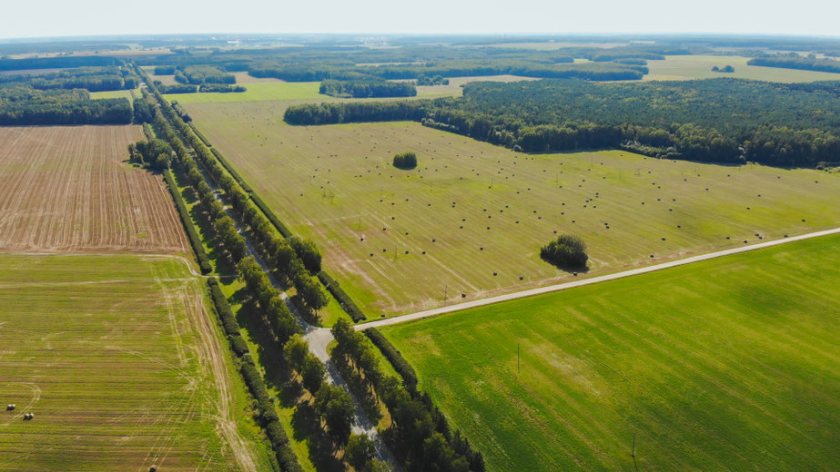
The international community must come together and work to secure world food production while reducing dependency on Russia, a fertiliser giant has said.
The long-term consequences of the war in Ukraine will impact both rich and poor nations, Yara International, which operates in over 60 countries, warned.
Russia and Ukraine are significant powers in a global and fragile food system, with Ukraine a leading agricultural nation and the world’s second biggest grain producer.
Russia, also an agricultural powerhouse, has enormous resources in terms of nutrients, such as potash and phosphate - key ingredients in fertilisers, which enable crops to grow.
Norway-based Yara International buys huge amounts of essential raw materials from Russia, and it also provides solutions to the agricultural sector in Ukraine.
But the firm said that despite the limited number of alternatives, world governments must work out the 'dilemma' between securing food production while shunning Russia due to its aggressive invasion.
"Now, with the geopolitical conditions out of balance, the biggest sources of raw material to Europe’s food production are being subject to limitations, and there are no short-term alternatives.
"One potential consequence is that only the most privileged part of the world population gets access to enough food," said Svein Tore Holsether, CEO of Yara International.
He said the firm had been directly hit by the conflict, both by having employees in the war zone in Ukraine and by a missile that hit its office building in Kiev. All staff were unharmed.
And while higher food and fertiliser prices may positively impact Yara's bottom line in the short-term, Mr Holsether warned that the societal and economic consequences of the war would lead to significant destabilisation.
"A world with unstable food supply is a world with famine in parts of the world, increased mortality, armed conflict, migration, riots, and destabilised societies which can further accelerate geopolitical tensions," he added.
"It is therefore crucial that the international community come together and work to secure world food production and reduce dependency on Russia, even though the number of alternatives today is limited.
"This constitutes a difficult dilemma between continuing sourcing from Russia on a short-term basis or cut off Russia from the international food chains."
He warned the last option may have considerable social consequences. "These considerations are not to be taken by individual companies but need to be made by national and international authorities.
"The urgency now lies in helping Ukraine and the Ukrainian people."
It comes as the UK's four farming unions recently sent a letter of solidarity to Ukrainian farmers as they faced 'atrocious and unprecedented challenges'.
The letter, written by the NFU, NFU Scotland, Ulster Farmers' Union and NFU Cymru, was sent to the Ukrainian National Agrarian Forum.
Farming businesses across the UK have also been spurred on to help Ukrainians, such as establishing donation sites on-farm and setting up fundraising pages.
